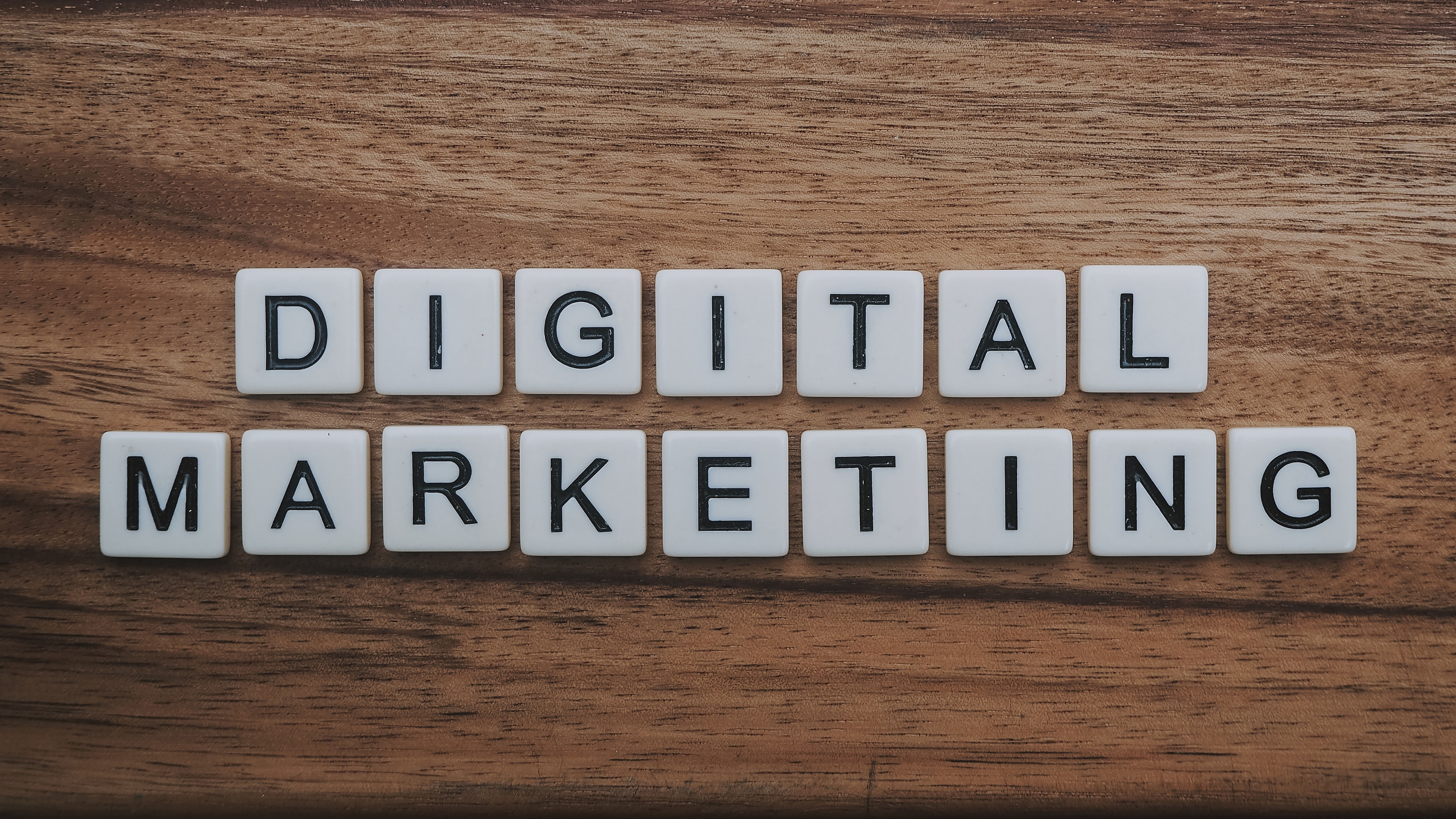Are you ready for the BIGGEST Digital Marketing Trends of 2020?
Are you ready for the BIGGEST Digital Marketing Trends of 2020?
Digital marketing is dynamic and ever-changing.
Never has the sector been more innovative and ready to embrace and nurture new concepts, fresh innovations and revolutionary approaches to traditional methods.
Businesses across the globe are riding the digital wave, embracing the current zeitgeist where technology and digital media form crucial pieces to their marketing puzzles.
So how do they keep up with the times?
Here are five trends predicted to have the most significant influence on the way we market in 2020.

1. Voice Search
It seems we love talking to our devices. In fact, 65% of people between the ages of 25-49 speak to their voice-enabled devices at least once a day.
By 2020, it’s been predicted that 50% of all online searches will be activated by voice.
This is a large chunk of audiences that will be missed without a strong marketing strategy that adheres to this demographic.
Voice searchers are different from regular search engines, such as Google or Yahoo. Voice searchers use longer, more conversational questions to generate results. To ensure that your content is optimised for voice search, answering questions more directly can help to make you more visible online.
2. It’s All About The Visuals
While advancements continue to be made in smart speakers, such as Google Home, Siri or Alexa, our eyes tell us more than we think.
People prefer visual content over plain text, and people prefer video content over a photo. 65% of us are visual learners, and people are 85% more likely to purchase a product or service after watching a video about it, so expect to see (or get involved in creating) more video content online.
3. Privacy and Data
Privacy and security are on the top of everyone’s mind, and it’s no wonder why.
Customers are becoming more aware of their data and how it’s used.
On the flip side, laws continue to evolve around what marketers can and can’t do, prompting brands to develop more ways to increase trust and transparency with their customers.
Studies suggest that brands who have clear data strategies and are investing in integrated, cloud-based technology stacks (Cloud stack is an open-source software platform designed to position & manage cloud computing environment) are 65% more likely than their peers to recommend that the focus on data protection has had a positive impact.
It just goes to show that in 2020, trust and confidentiality are everything.
4. Let’s Get Personal
Whether it’s scrolling through a newsfeed, driving down a road dotted with billboard after billboard, or being hit with an advert before a YouTube video, our everyday lives are consistently flooded with marketing messages.
It’s gotten excessive to the point where some of us have even begun to tune them out.
Personalisation is the answer to this problem – and it’s more than automatically changing the name of a person in your email newsletters. Improvements in technology have made it possible and easy to hyper personalise everything, from written content to design elements.
Think about when you buy a product from Amazon. Your search for a new pair of headphones you’ve been looking for when a case appears in the “frequently bought together” section. Amazon uses predictive analytics to gather this data, increasing customer satisfaction and sales.
And bam, you’ve spent an extra $60. Marketing genius.
5. Artificial Intelligence
Artificial intelligence (AI) has become crucial to digital marketing processes everywhere.
From keywords being suggested while we type (ever written how are, only for the ‘you’ to magically appear?), to the rise of CGI influencers across the globe (yes, computer-generated people are being followed by millions), we can’t hide from AI.
And businesses are certainly recognising this, with a study showing 41% already using AI in 2020. But that sentiment isn’t shared, with 47% of companies stating they had no plans to invest in AI.
Put simply, companies that embrace automation really are at an advantage moving forward.
You can personalise a consumer’s on-site journey and apply artificial intelligence to their overall customer experience. An example of this being Facebook and Whatsapp has developed a convenient way for customers to contact companies. They are using chatbots (automatic responses to messages) to streamline the customer value journey.
Sources:
Adobe 2020 Digital Trends; Deep Dive: Putting the Customer in Context Report.
Hubspot: The Ultimate List of Marketing Statistics for 2020.
If you like what you read, then make sure you join us for one of our workshops.
We want to hear from you! Follow us on LinkedIn, Facebook and Instagram to keep up with us, get our notifications and start a conversation!


 Level 28, AMP Tower, 140 St Georges Terrace, Perth WA, 6000
Level 28, AMP Tower, 140 St Georges Terrace, Perth WA, 6000  +61 8 6244 0022
+61 8 6244 0022 






